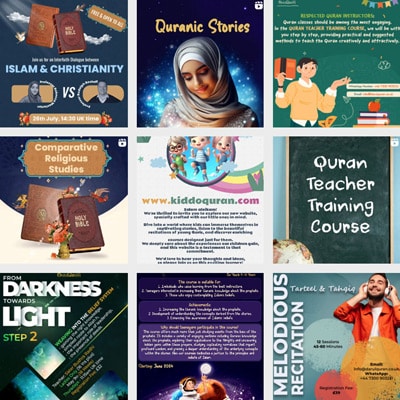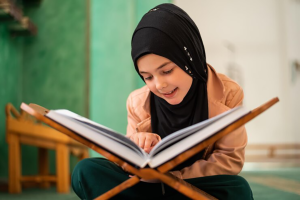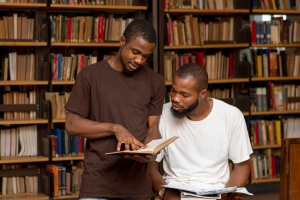Islam in Tanzania has a rich and diverse history dating back to the 7th century when Arab traders first introduced the religion to the region.
Over time, Islam became an integral part of Tanzanian society, influencing various aspects of culture, politics, and everyday life.
Today, Muslims make up a significant portion of Tanzania’s population, with Islam being one of the country’s major religions alongside Christianity and indigenous beliefs.
The coastal areas, particularly Zanzibar, have historically been centers of Islamic culture and learning, contributing to the spread and development of Islam throughout Tanzania.
In Tanzania, the interest in attending Quranic classes is high among the Muslim community, as these classes serve not only as a means of religious instruction but also as vital community hubs.
Quranic classes offer a way for individuals to deepen their understanding of the Quran and explore the teachings and practices of their faith.
The importance of these classes in Tanzania cannot be overstated.
They play a crucial role in shaping the religious life of individuals, fostering a sense of identity and community among participants.
For many, these classes are pivotal in nurturing spiritual growth, moral development, and the transmission of Islamic knowledge across generations.
They also serve as a grounding force, helping individuals navigate the challenges of modern life through the lens of their religious beliefs and values. Additionally, Quranic classes help promote literacy and educational attainment within the Muslim community, which can contribute to broader social benefits.
DarulQuran Academy is proud to announce that it has held Tajwid in Quran Recitation and Tartil classes aimed at improving the Quranic recitation skills for a number of male and female participants from Tanzania, aged 14-35.
Participants have successfully completed courses in Tajwid and Tartil (levels 1 and 2). Two groups also participated in the third level of Tajwid and second and fourth level of Tartil recitation classes, which were entirely comprised of female members who successfully completed their respective courses and achieved a suitable level of proficiency in Tajwid and Tartil.
According to surveys conducted among these participants, they expressed full satisfaction with the quality and organization of the classes.
Additionally, soon, further classes in Tajwid, Tarteel, and Quran Memorization will be organized for a significant number of participants from various cities in Tanzania.
This initiative by DarulQuran Academy represents a vital contribution to the religious and educational landscape of Tanzania.
By providing tailored and accessible Quranic education, the Academy not only enriches the participants’ spiritual lives but also empowers them with skills that enhance both personal and community development.
Such programs are crucial for preserving and promoting Islamic traditions and teachings, while also integrating contemporary educational methods to cater to the evolving needs of the Tanzanian Muslim community.


















